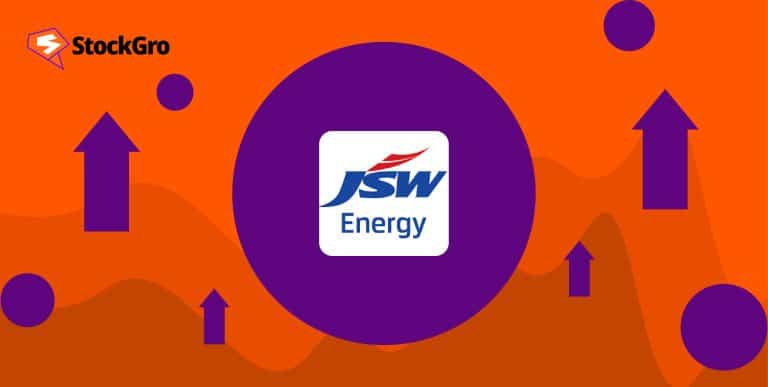
In this article, we’re going to explore an interesting debt investment vehicle called irredeemable debentures. Although these are not as common in India as they were before, they are still an intriguing investment to understand. We’re not only going to understand what these debentures mean, but also get to know more about their features, and unique advantages over other debt instruments.
What are debentures and how are they different from bonds?
Debentures are generally unsecured debt. This means they are not backed by any specific assets of the issuer. If the company goes bankrupt, debenture holders rank behind secured creditors (like banks) when it comes to claiming their money back.
Bonds, on the other hand, can be secured or unsecured. Secured bonds are backed by specific assets of the issuer, which can be seized and sold to repay bondholders in case of bankruptcy. Unsecured bonds, similar to debentures, are not backed by any specific assets.
Debentures and unsecured bonds, hence, in the American context, are largely interchangeable terms used to refer to uncollateralized debt issued by companies.
CTA: Difference between bond and debenture
What are irredeemable debentures?
Irredeemable debentures are like debentures but they have no maturity date. This means that the principal amount is not guaranteed to be repaid to you on a specific date like with bonds. These investments, on the other hand, pay an interest in perpetuity – that is, until the company is operational and solvent.
In certain circumstances, however, the company may choose to redeem the debentures at its discretion, which usually happens during liquidation or any other specific circumstances laid out in the debenture agreement.
CTA: Non-convertible debentures
Features of irredeemable debentures
Here are some defining features of this debt investment:
- No maturity date: Like we pointed out earlier, these debentures have no maturity date, which means that you might not get your principal until the day the company either becomes insolvent or decides to call the debt back – which might be never.
- Fixed interest rate: These debentures come with interest rates laid out in their agreements, which usually don’t change as time passes. This rate is usually higher than other regular debentures to compensate for no principal payment.
- Subordinated debt: Irredeemable debentures are generally considered debt, which means that senior creditors like banks get their share of the assets of the company before you do.
Advantages of investing in irredeemable debentures
Let’s look at these from two perspectives:
Issuer
- Long-term funding with no principal payback, which makes it easy to raise money for higher gestation projects like expansions and infrastructure developments.
- Issuers can obtain funding without having to endure capital market volatility and risks.
Investor
- Interest or coupon payments can act as passive and steady income for the investor, which could also potentially augment monthly salaries etc.
- In case of dissolution of the company or liquidation of assets, investors are highly likely to receive their principal back because this debt is senior to equity.
- No reinvestment is required.
Frequently Asked Questions
How do market interest rates affect the value of irredeemable debentures?
While this might depend from case to case, when market interest rates go up (risk-free rate increases), investors start to demand more compensation in return for their capital from corporations. This extra return demanded usually depends on the company’s creditworthiness, and other factors like cash flows, ability to service debt, applicable debt covenants, etc.
Can a company issue irredeemable debentures to its own employees?
Yes, in some jurisdictions, a company can potentially issue irredeemable debentures to its own employees. However, there might be specific regulations to consider, especially when employee benefits and tax payments come into the picture. If you’re in a situation like this with your company, it might be best to consult a financial advisor or consultant for specific advice.
What happens if a company issuing irredeemable debentures goes bankrupt?
When a company goes bankrupt, the recovery rate of your principal as a debenture holder depends on the severity of the bankruptcy and the remaining assets of the company. In some cases, debenture holders might receive little or no repayment of their principal amount.
How are irredeemable debentures used in mergers and acquisitions (M&A) transactions?
The acquiring company might issue irredeemable debentures to raise capital for financing the acquisition of another company. This can be an alternative to traditional bank loans or issuing new equity. On the other hand, irredeemable debentures themselves could be used as part of the consideration offered to the target company’s shareholders in the M&A deal too.
What are debt covenants?
Debt covenants are restrictions or promises written into loan agreements (including bonds) between a borrower (company) and a lender (bank, investor, etc.). These covenants act as safeguards for the lender, which ensure that the borrower manages their finances responsibly and minimises the risk of defaulting on the loan in a variety of scenarios.

